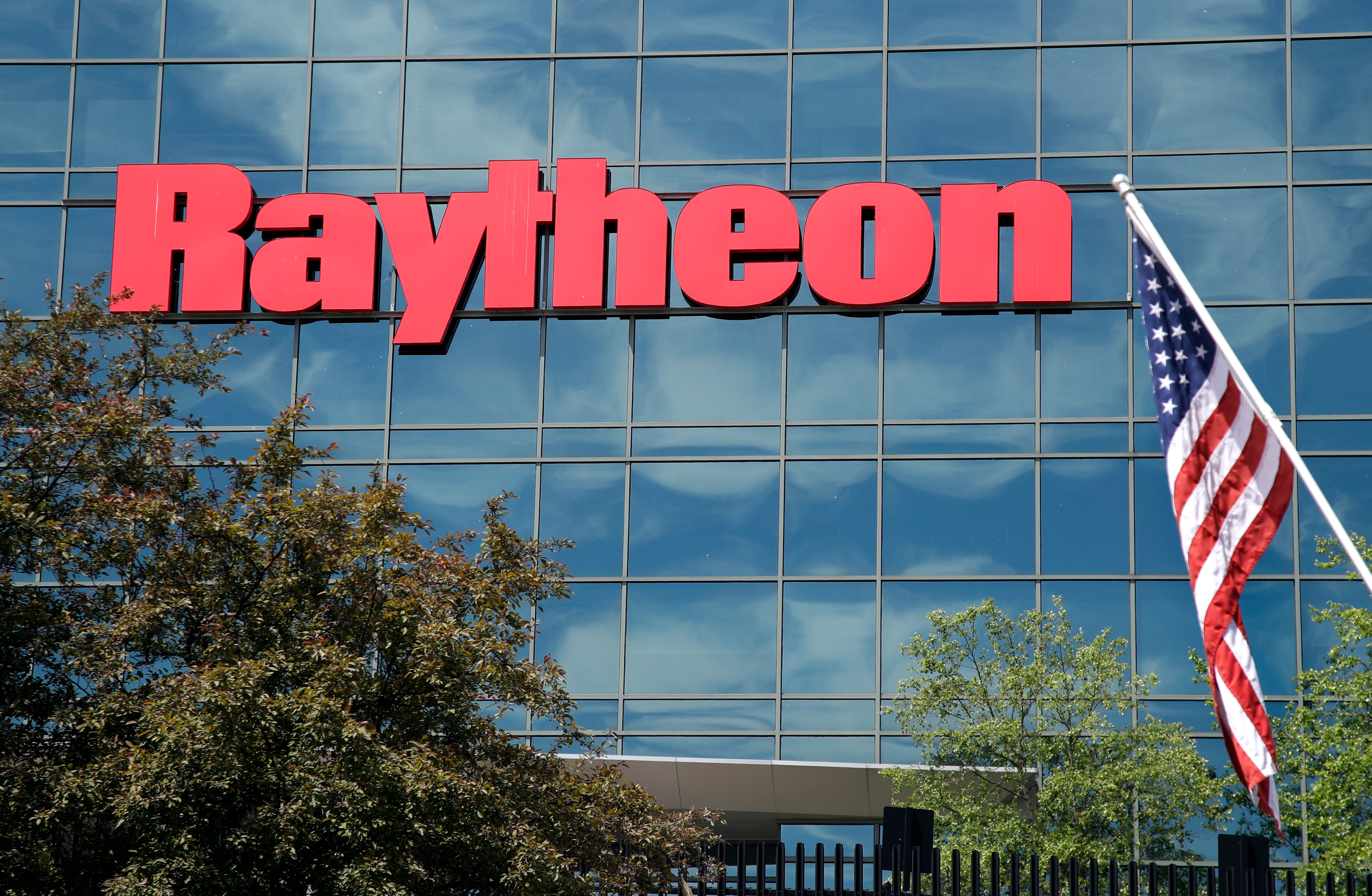Spokesman: China to sanction US arms suppliers to Taiwan
China's government says it will impose sanctions on U.S. companies including Boeing and Lockheed Martin for supplying weapons to rival Taiwan

Your support helps us to tell the story
From reproductive rights to climate change to Big Tech, The Independent is on the ground when the story is developing. Whether it's investigating the financials of Elon Musk's pro-Trump PAC or producing our latest documentary, 'The A Word', which shines a light on the American women fighting for reproductive rights, we know how important it is to parse out the facts from the messaging.
At such a critical moment in US history, we need reporters on the ground. Your donation allows us to keep sending journalists to speak to both sides of the story.
The Independent is trusted by Americans across the entire political spectrum. And unlike many other quality news outlets, we choose not to lock Americans out of our reporting and analysis with paywalls. We believe quality journalism should be available to everyone, paid for by those who can afford it.
Your support makes all the difference.China s government said Monday it will impose sanctions on U.S. military contractors including Boeing Co.'s defense unit and Lockheed Martin Corp. for supplying weapons to rival Taiwan stepping up a feud with Washington over security and Beijing's strategic ambitions.
Raytheon Technologies Corp. and “relevant American individuals” associated with the sales also will be affected, said a foreign ministry spokesman, Zhao Lijian. He gave no details of what penalties might be imposed or when.
The ruling Communist Party claims Taiwan, which split with the mainland in 1949 during a civil war, as part of its territory and has threatened to invade. Washington promised in the 1980s to reduce and eventually end weapons sales to Taiwan but insists its dispute with Beijing must be settled peacefully.
“In order to safeguard national interests, China decided to impose sanctions on the American companies that were involved in arms sales to Taiwan,” Zhao said at a regular news briefing.
Chinese-U.S. relations have plunged to their lowest level in decades amid disputes about security, technology, the coronavirus pandemic and human rights.
Taiwan has long been an irritant in relations. Washington has no formal relations with the island's democratically elected government but is its main ally. U.S. law requires the government to ensure Taiwan can defend itself. Weapons sales to the island have increased in quantity and quality.
China has increased military activity around Taiwan in an attempt to force concessions from the pro-independence administration of President Tsai Ing-wen. The Communist Party is using the mainland's growing economic weight to step up pressure on other governments to cut diplomatic and unofficial ties with Taiwan.
Last week, Beijing demanded Washington cancel a planned sale of 135 precision land attack missiles valued at just over $1 billion worth to improve its defenses.
The sale “seriously undermined China’s sovereignty and security interests,” said Zhao, the government spokesman.
Beijing regularly pressures American companies including Boeing Co. in an effort to influence U.S. policy. China is one of Boeing's biggest markets for commercial aircraft, which might make it vulnerable to a boycott, but Zhao mentioned only Boeing's military arm, Boeing Defense, not its civilian jetliner business.
Beijing has also announced sanctions against some U.S. legislators in a separate exchange of penalties over complaints the Communist Party has detained Muslim ethnic minorities in re-education camps.
The Chinese spokesman, Zhao, called on Washington to “stop arms sales to Taiwan and stop any military interaction with Taiwan.”
“We will continue to take necessary measures to safeguard national sovereignty and security interests,” Zhao said.